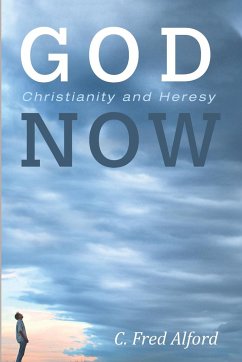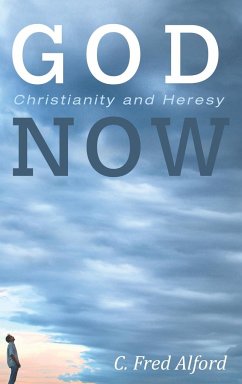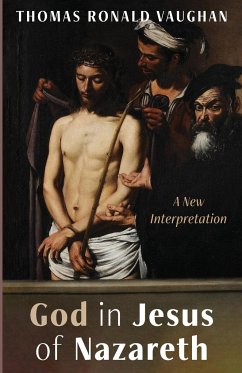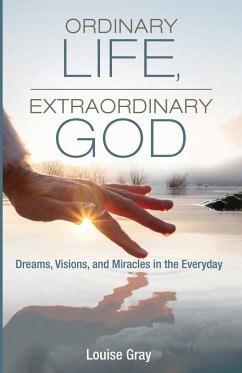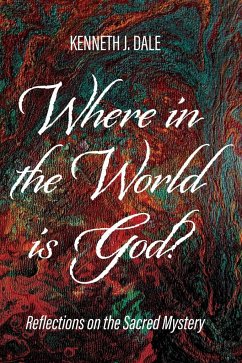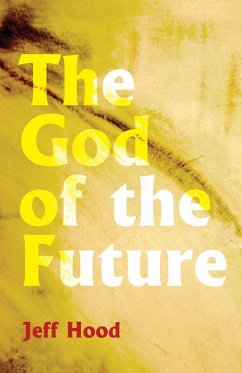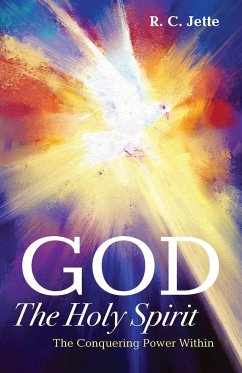In these short, accessible essays, Alford writes about the personal ""Why I Pray,"" as well as the political ""Simone Weil and Donald Trump."" He makes some difficult theologians, such as Karl Barth and Soren Kierkegaard, accessible, while not hesitating to criticize them. Alford argues the genius of Christianity is in God making himself vulnerable so as to know what it is to be human; otherwise, God stands at a terrible distance from humanity. From this perspective, Christianity is about the teachings of Christ, and God's willingness to suffer. The resurrection, so central to most Christians, becomes less important. Myriad religious thinkers are considered, including Albert Camus, Thomas Merton, Reinhold Niebuhr, Rudolf Bultmann, and Paul Tillich, among others, including Simone Weil. Also addressed is the relationship between religion and psychology, as well as the status of natural law. Notable is the author's attitude, which combines respect for great thinkers and a willingness to call them out as wrong, confused, or misguided. Unafraid of atheism, Alford thinks many of the so-called new atheists judge religion as though it were a science, a confusion of categories. Once a philosopher of science, he knows the scope and limits of scientific explanation better than most.

